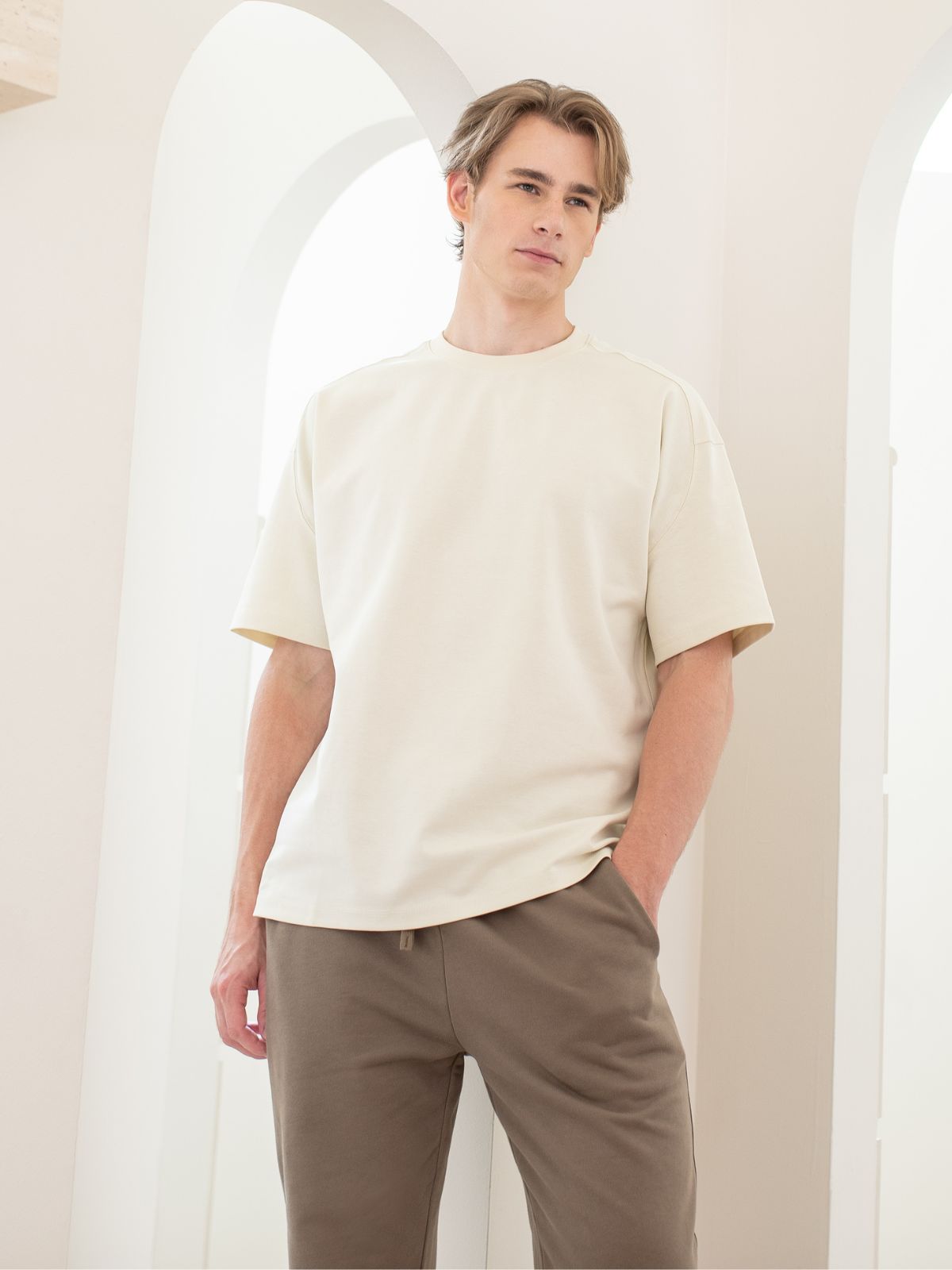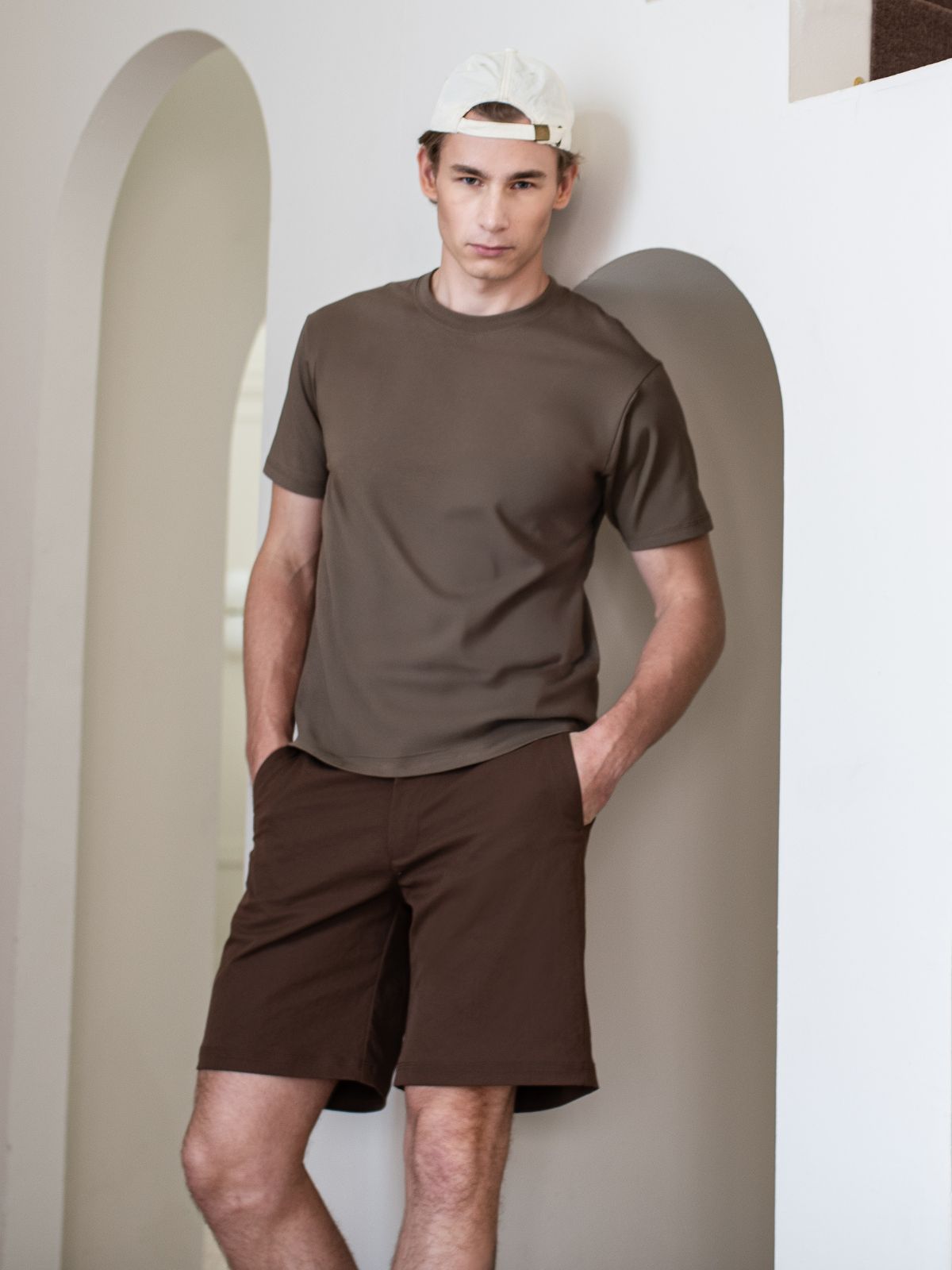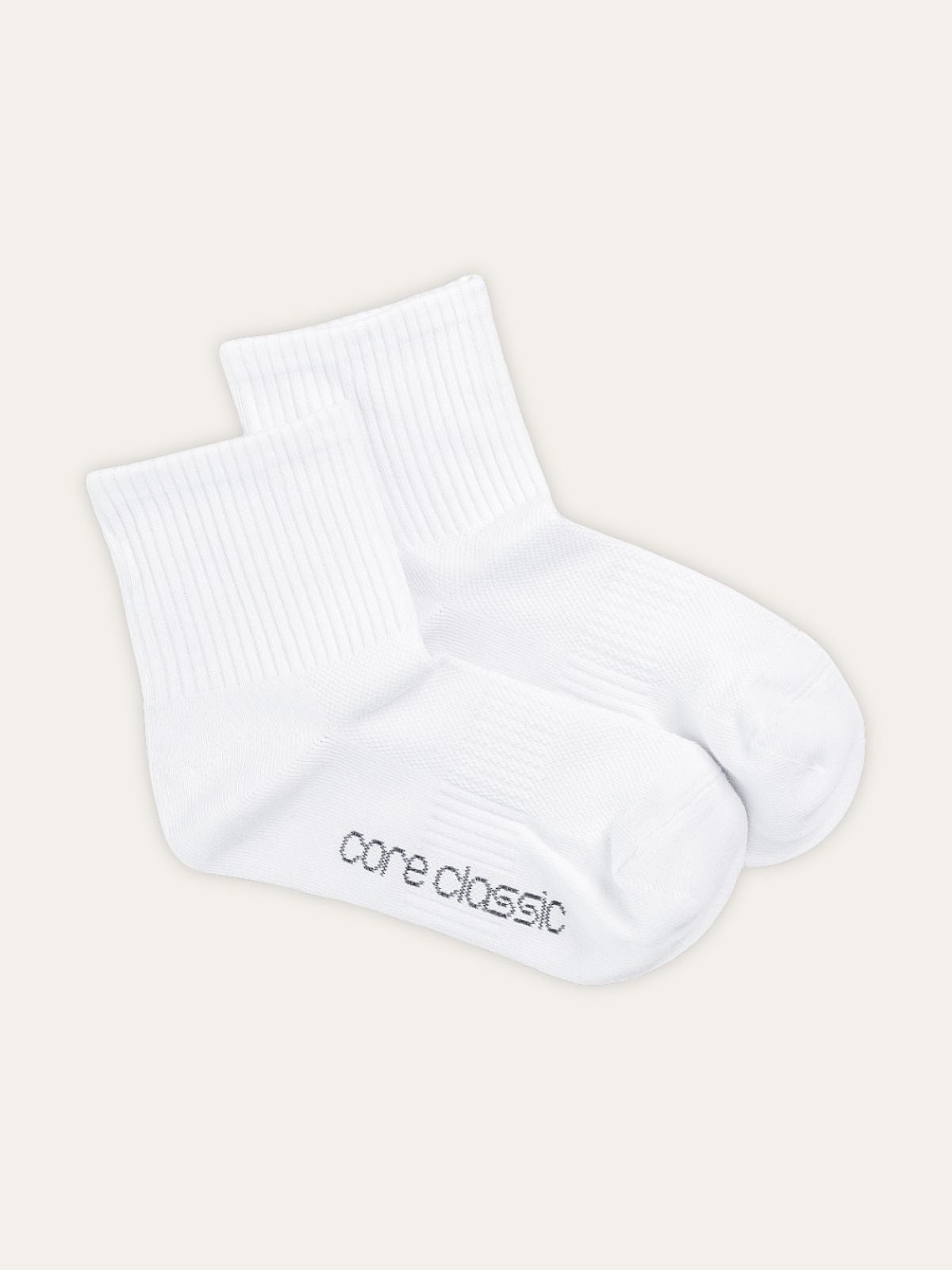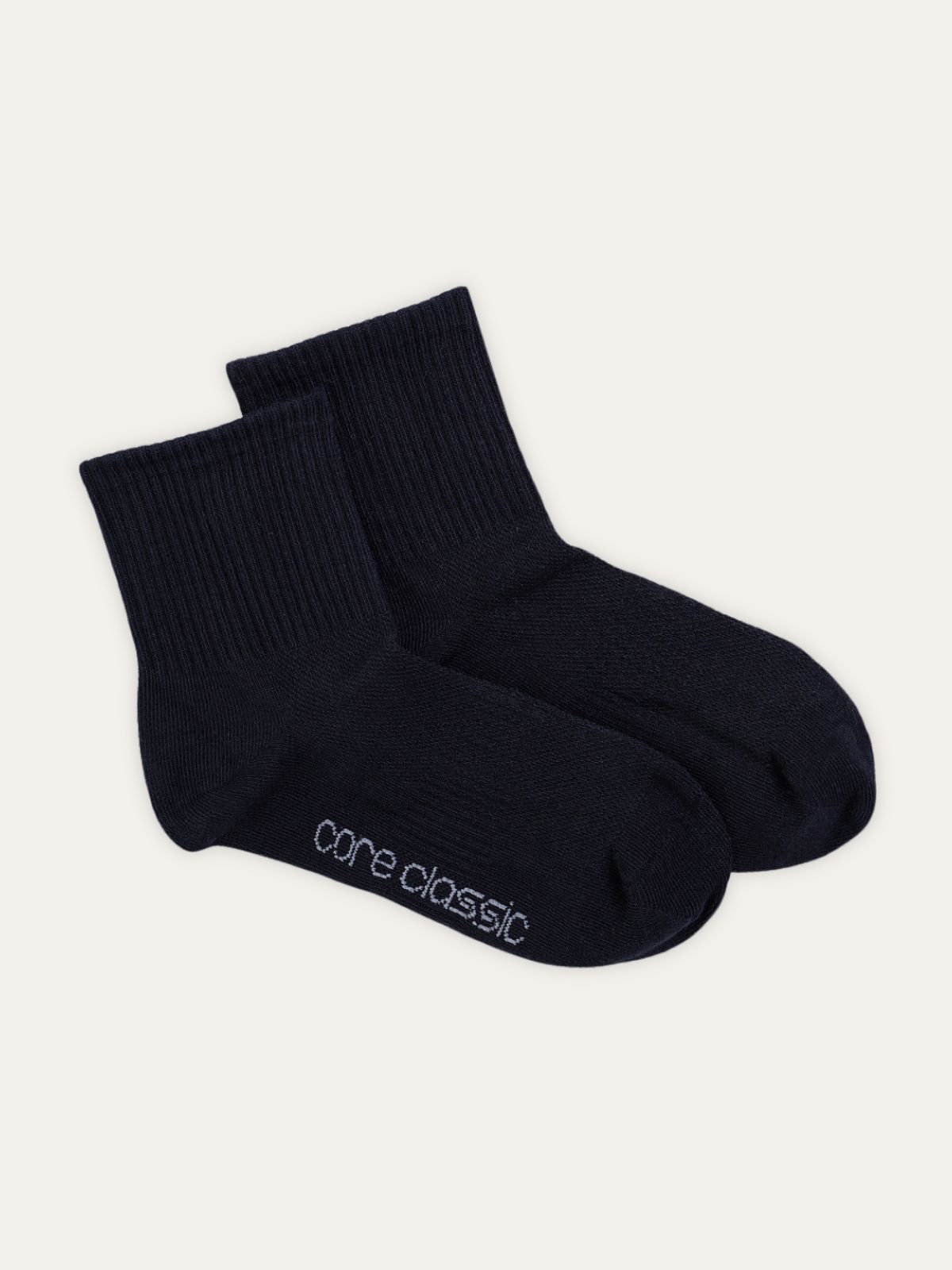Both men and women of all ages worldwide widely use T-shirts. They are perfect to be worn for almost any occasion, from casual wear to special celebrations. With that being said, there are also various t-shirt materials used to create different clothing. If you’re curious to know more, this article includes the most common t-shirt materials and the pros & cons of each material:
Key Takeaways
1. Type of T-Shirt MaterialThe type of t-shirt materials used play a significant role in the overall quality, comfort, durability and performance of clothes. A thorough understanding of t-shirt materials helps make the most suitable decision based on the requirements.
2. Blended Fabrics Are UsefulBlended fabrics for t-shirts, such as cotton and polyester, will offer the most benefits, as they can provide both comfort and breathability. A combination of cotton and spandex t-shirt material blends provides the best performance as activewear or sportswear to ensure ample stretchability.
3. Weight of the T-Shirt MaterialThe weight of several t-shirt materials can contribute to the overall function depending on the purpose. For instance, in humid weather, lightweight t-shirt material would be ideal to ensure breathability and comfort.
4. Consider The Print Compatibility Of The T-Shirt MaterialIf you plan on printing artwork or designs on t-shirts, cotton would be the best option to ensure they last long and can handle frequent washes.
5. Keep In Mind The Factors When Selecting T-Shirt MaterialsChoosing the right t-shirt materials depends on the purpose, such as function, durability, environment, and climate. |
Types of T-Shirt Materials
Though there are various t-shirt materials, there are a few common types of t-shirt materials, as stated below:
1. Cotton

Cotton is the most common t-shirt material widely used for various clothing. Pure cotton t-shirts such as the Core Ammoni™ Tech+ Signature Unisex T-Shirt are made from cotton plants, which are natural fibres known for being environmentally friendly and comfortable.
Pros of using cotton as t-shirt material:
- Sustainable: Since cotton is made from natural sources, it can decompose and doesn’t cause any harm to the environment.
- Breathable: Air can flow effectively, keeping you cool and comfortable while sweating.
- Soft and comfortable: Cotton is known to be smooth and offers extreme comfort thanks to its cooling and gentle properties.
- Hypoallergenic: Those with sensitive skin or skin conditions will benefit from cotton as it is hypoallergenic.
- Absorbs moisture quickly: Cotton can absorb moisture and sweat to keep your skin dry.
Cons of using cotton as t-shirt material:
- Prone to wear and tear: Compared to synthetic t-shirt materials, cotton will break down and lose quality, such as colour fading when used or washed often.
- May shrink over time: Cotton can shrink after washing unless it has been pre-shrunk beforehand.
- Wrinkles easily: Cotton t-shirts may require frequent ironing as they wrinkle easily compared to synthetic t-shirt materials.
- Lose shape: The t-shirt may lose its shape when used or washed often.
- Retains moisture: Since it absorbs moisture effectively, it can take longer to dry.
2. Polyester

Another common t-shirt material is polyester, often used for activewear thanks to its moisture-wicking properties. Polyester is made with petroleum-based synthetic fibres, also known as a man-made type of t-shirt material.
Pros of using polyester as t-shirt material:
- Moisture-wicking properties: Polyester can remove moisture from the body, perfect for activewear clothing.
- Quick-drying features: It can dry quickly, suitable for humid weather or as sportswear.
- Durable: Able to retain shape and colour, lasting long even after frequent use or washing.
- Lightweight: Polyester is known to be lightweight and suitable for outdoor activities.
Cons of using polyester as t-shirt material:
- Not biodegradable: Since polyester is made of synthetic fibres, it’s not environmentally friendly as it takes a very long time to decompose.
- It doesn’t have breathable properties: Polyester will trap and retain heat, making it less breathable, especially when sweating excessively.
- Retain odours or smells: Synthetic fibres are known to hold onto sweat odour, which can leave a lingering smell even after washing.
- Sensitive to heat: Polyester is known to have a low melting point, which means that excessive heat from the iron can damage the t-shirt material.
3. Blends

Blended t-shirt materials are a combination of more than one fabric type. For instance, the most common t-shirt blends would be cotton and polyester, such as the Quad Tech™ Sorona Polymer Oversized CloudFit T-Shirt or cotton, polyester and rayon. When combined, the t-shirt offers ample comfort, flexibility and durability.
Pros of using blends as t-shirt material:
- Versatility: Blended cotton t-shirt materials offer more versatility as they can target different purposes, such as adding stretching properties for activewear.
- Durable: The combination of more than one t-shirt material offers ample durability and enhances the resistance to wear and tear.
- Effective moisture-wicking properties: Some t-shirt materials, such as cotton and polyester, have moisture-wicking features to make them sweat-resistant.
- Well-balanced structure: When combining different t-shirt materials, it offers a few features within one t-shirt, such as breathability, comfort and durability.
Cons of using blends as t-shirt material:
- Not as soft or breathable as 100% cotton: Though it can be comfortable, it won’t offer the same comfort as pure cotton.
- Not biodegradable: As the t-shirt combines various materials, it won’t be environmentally friendly and take longer to decompose.
- Possibility of shrinking: The t-shirt may shrink, as cotton is known to shrink quickly, especially if the blend has higher cotton content.
- Fibres may pile up: When different fabrics blend together, they may form small fabric balls when used or washed often.
Differences between the T-Shirt Materials
Here’s a brief overview of the key differences between the common t-shirt materials:
|
T-shirt Material |
What It’s Made Of |
Pros |
Cons |
|
Cotton |
Natural fiber from cotton plants, commonly used for everyday wear |
|
|
|
Polyester |
Synthetic, petroleum-based fiber, often used for activewear |
|
|
|
Blends |
A mix of two or more fabrics (eg. cotton & polyester) for a balance of features |
|
|

Fabric T-Shirt Material Weight
The t-shirt materials come in different weights, with each type serving various purposes. Here are the common fabric t-shirt material weights and their purposes:
1. Lightweight
Lightweight t-shirt fabric weight is between 90 to 150 GSM. They are generally soft to the touch and are highly breathable. Lightweight t-shirt fabric is known to be great for humid weather and activewear. They are also built to be worn for long periods.
2. Standard or Midweight
Standard t-shirt fabric weight is between 150 to 200 GSM. They are in between lightweight and heavyweight t-shirts. Thus, they offer a perfect balance of both breathability and durability. They are suitable for average climates and are made to create various clothing, such as casual or formal wear.
3. Heavyweight
Heavyweight t-shirt fabric weight is around 200 GSM and above. They are made out of thicker fabric and offer excellent durability. The heavyweight t-shirt retains its shape and colour even after frequent washes or uses.
Which T-Shirt Material Is The Best For You?
There’s no one-size-fits-all-solution when it comes to t-shirt materials, as it all depends on your purpose, requirements and needs. For instance, some of the materials are suitable for workouts, such as quick-dry t-shirts to wick away sweat from your skin or t-shirts made from cotton, offering a breathable feel, which is ideal for humid weather.
How To Choose The Type Of T-Shirt Material
Here are some important factors to consider when choosing the type of t-shirt material:
1. Purpose or Intended Use
When choosing the type of t-shirt material, you should always understand the main purpose or intended use of the t-shirt. For instance, will it be made for activewear or casual wear?
2. Fabric Weight
The fabric weight of each t-shirt material affects its overall functionality and comfort. Lighter t-shirt materials will be ideal for humid climates, while heavier weight options will be useful for colder climates.
3. Durability
If durability is the main priority while designing t-shirts, then you need to choose a t-shirt material that can withstand frequent wear and tear. Blended materials will be more durable than cotton alone.
4. Comfort
Natural fibres such as cotton are the best t-shirt materials for ample comfort. They provide ample comfort and breathability, ensuring they are suitable for daily wear. Polyester offers moisture-wicking properties, ideal for keeping active individuals dry.
5. Yarn Count
Yarn count plays a role in texture and quality, as it refers to the overall fineness and thickness of the yarn used. If the yarn count is high, the t-shirt material is smoother, softer, and more luxurious.
FAQs about T-Shirt Material
1. What material is used for t-shirts?
Many t-shirt materials are available in the market, but the most common ones are organic cotton, 100% cotton, and cotton/polyester blends.
2. Are most t-shirts 100% cotton?
To date, the majority of t-shirt materials are 100% cotton. This is due to the softness and breathable fabric, which provides ample comfort.
3. Are 100% polyester t-shirts good?
Polyester t-shirt material is beneficial for activewear as it has moisture-wicking properties. They also offers ample durability and able to withstand wear and tear better than cotton.
4. What is the raw material for t-shirts?
Most of the common t-shirt materials are 90% cotton and 10% polyester blends. Besides that, some t-shirts contain 75% polyester and 25% cotton blends.
5. What is a high quality t-shirt?
High-quality t-shirts are made with 100% cotton or a mixture of cotton and polyester blends. They typically provide ample comfort while offering durability.




















